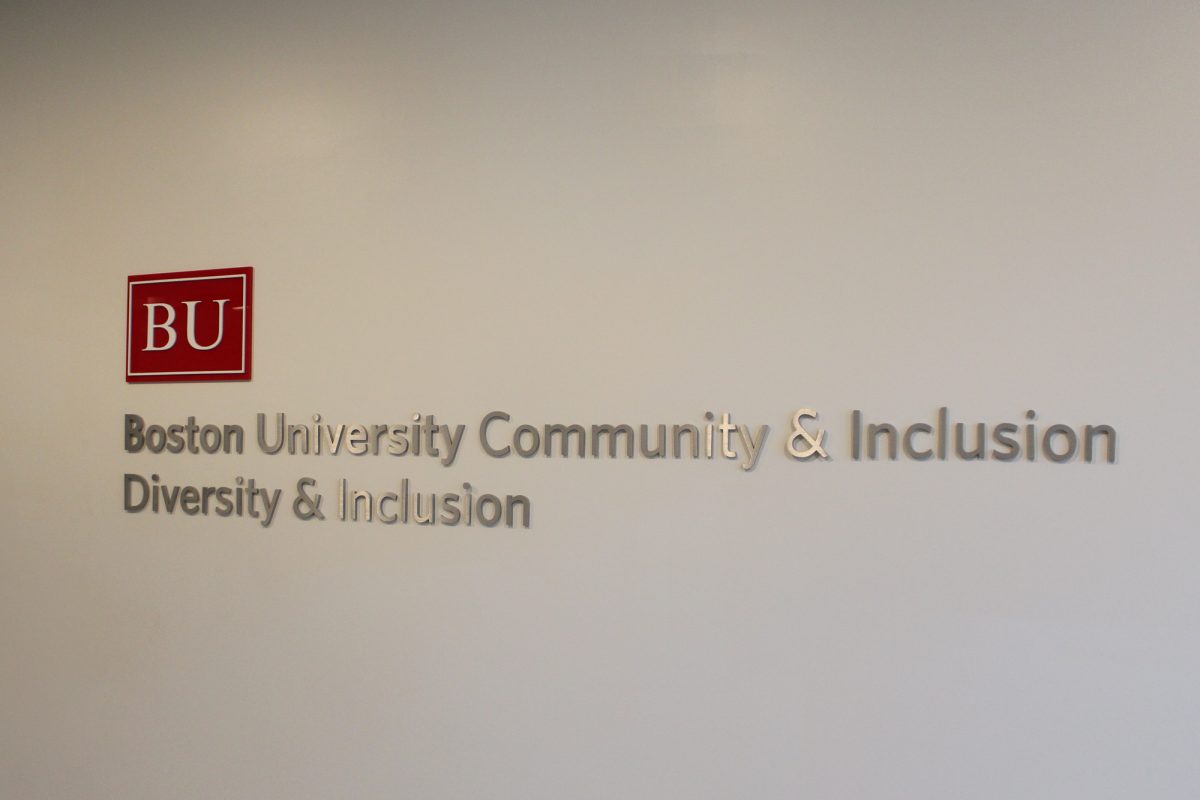While the homeless face hunger, cold and a number of others problems, members of the Boston Healthcare for the Homeless Program are traveling throughout the city to make sure these locals have access to adequate healthcare.
The program is a part of the National Health Care for the Homeless Council and has offered services to the homeless men, women and children of the Greater Boston area for more than 25 years.
“I think our goal is always to provide the highest medical care,” said Romy Lee, a Boston University alumna who is the BHCHP case manager and street team outreach coordinator. “There is no disparity between what a ‘normal’ individual and a homeless individual would receive for care.”
The BHCHP street team journeys throughout Boston and offers care to “rough sleepers,” homeless people who do not tolerate shelters or regular clinics, according to the BHCHP website.
The street team specializes in treating homeless individuals all over the Commonwealth, Lee said.
The team serves more than 11,000 patients a year in almost every part of Boston, including Braintree, Quincy, Malden and Everett, she said.
BU Sargent College of Health and Rehabilitation Sciences junior Erin Gathers, an intern for the Boston Healthcare for the Homeless Program, said providing medical services to the homeless is very important to her.
“I think one of the reasons why it is so important is that a lot of times the reason why people have ended up homeless is because they’ve gotten in trouble,” Gathers said. “You or I could get in trouble, but the structure that we have to fall back on, for one reason or another, falls out from beneath them.”
Gathers, who worked with BHCHP during the summer, said the street team is active in seeking people to help.
“They go out and find people to make sure that they are getting the care they need,” she said.
The street team asks patients where they sleep on the streets and when they would like to receive care, she said.
They track all of the information in BHCHP’s computer system, Gathers said.
Gathers said members of the street team forge close personal connections with their patients.
“If [patients] didn’t feel personally connected to the people who are going out with the street team, then they could just move somewhere else,” she said. “We wouldn’t be able to find them.”
The BHCHP works with the Barbara McInnis House and with local homeless shelters such as the Pine Street Inn.
Pine Street Inn spokesperson Barbara Trevisan said the BHCHP runs the medical clinic at their shelter.
“As you can imagine, many of our guests are faced with a lot of different health challenges, so it’s great to have them right on site here,” Trevisan said.
She said that as Pine Street’s goal is to get homeless people back on their feet and into housing, having medical services is great for many guests’ stability.
“Pine Street has an outreach van that goes with things like food, blankets and clothing, and we do take medical staff with Boston Healthcare for the Homeless out with us several nights a week,” Trevisan said. “We have people on the streets 365 days a year.”
Heather Patrick, the appointed patient benefits coordinator at BHCHP, also interned with BHCHP during the summer.
Patrick said she was struck by how some homeless patients opted to list their BHCHP case managers as their emergency contact on their medical forms.
“It just shows the importance of relationships that can be built,” Patrick said. “That’s why I think it’s important to serve homeless people.”
















































































































